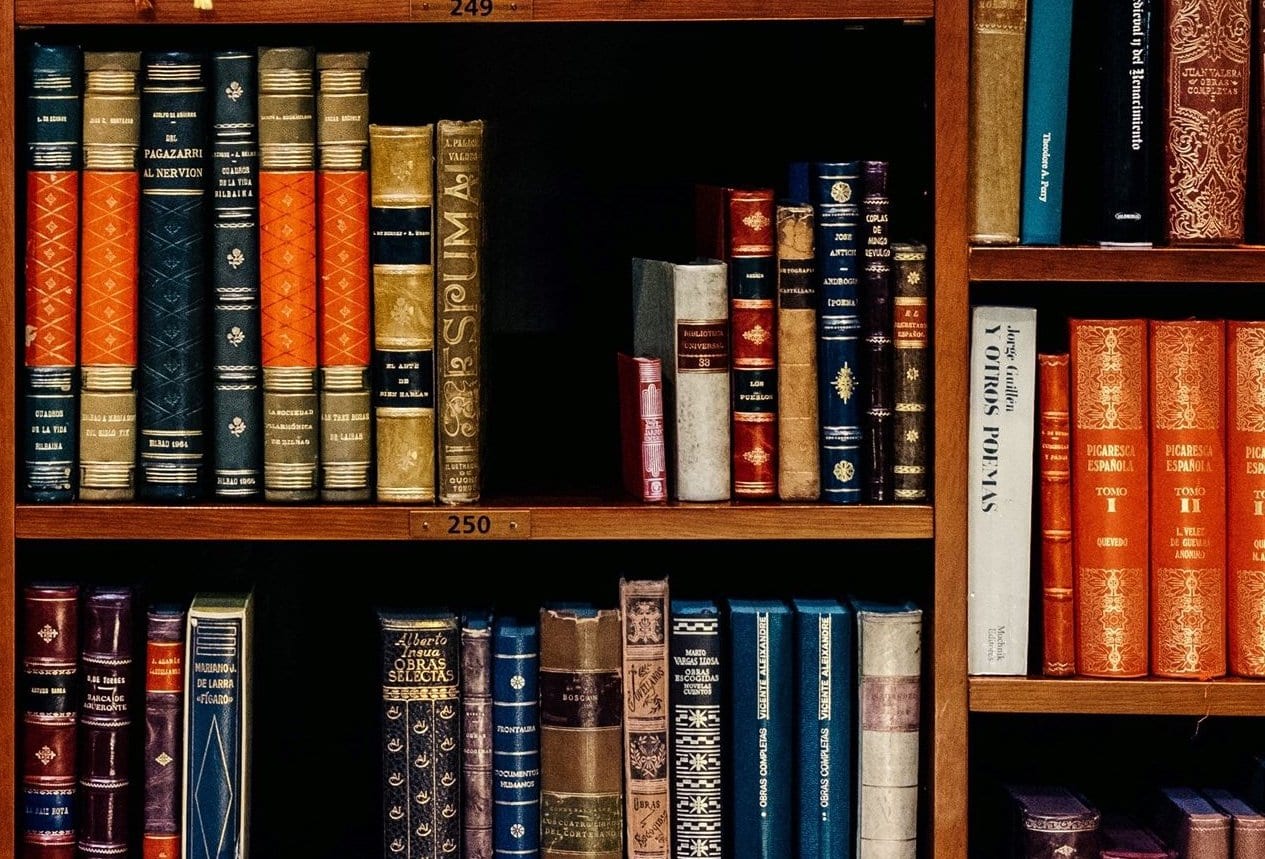What Is the Umm al-Kitab?
Answered by Shaykh Abdul-Rahim Reasat
Question
I hope this finds you in the best health.
My question is about the Umm al-Kitab which is mentioned three times in the Holy Qur’an. What is the Umm al-Kitab? Is it the same as the Lawh al-Mahfuz? Is it true that the Holy Qur’an we posses is a portion of the Umm al-Kitab which is a part of the pre-eternal speech of Allah?
Thank You.
Answer
I pray you are well.
Umm al-Kitab
The term Umm al-Kitab is mentioned a few times in the Qurʾan. The first time it is used, in Sura Aal Imran 3:7. It refers to the verses of the Qurʾan which are absolutely clear and decisive. It would be apt to translate this usage as “The Foundation of the Book.” This means that those verses – such as those which state that Allah is unlike anything else (Sura al-Ikhlas 112:4) – are the lens through which other verses are to be understood if one wants an accurate understanding of the meanings and message of the Qurʾan.
Other verses refer to the Protected Tablet (al-Lawh al-Mahfuz) as Umm al-Kitab, such as Sura al-Ra‘d 13:39. This is a creation in which knowledge of all of the events from the beginning of time to the Day of Judgement are recorded.
The Qurʾan is written in the Protected Tablet, and it was from there that it descended to the heart of the Noble Prophet, Allah bless him and give him peace.
Allah’s attribute of Speech expresses the infinite knowledge He has in an unfathomable way. There is no beginning, no end, no letters, no words, etc. The Qur’an, which is written in the Preserved Tablet, points to some of what the attribute of Speech expresses, not all of it. (Alusi, Ruh al Maʿani; Sawi, Sharh Jawhara al-Tawhid; Fawda, al-Sharh al-Kabir ʿ ala Aqida al-Tahawiyya).
I hope this clarifies matters for you. May Allah benefit us through His blessed words in the life and the next. Amin.
[Shaykh] Abdul-Rahim Reasat
Checked and Approved by Shaykh Faraz Rabbani
Shaykh Abdul-Rahim Reasat began his studies in Arabic Grammar and Morphology in 2005. After graduating with a degree in English and History he moved to Damascus in 2007 where, for 18 months, he studied with many erudite scholars. In late 2008 he moved to Amman, Jordan, where he continued his studies for the next six years in Sacred Law (fiqh), legal theory (Usul al-fiqh), theology, hadith methodology, hadith commentary, and Logic. He was also given licenses of mastery in the science of Quranic recital and he was able to study an extensive curriculum of Quranic sciences, tafsir, Arabic grammar, and Arabic eloquence.
